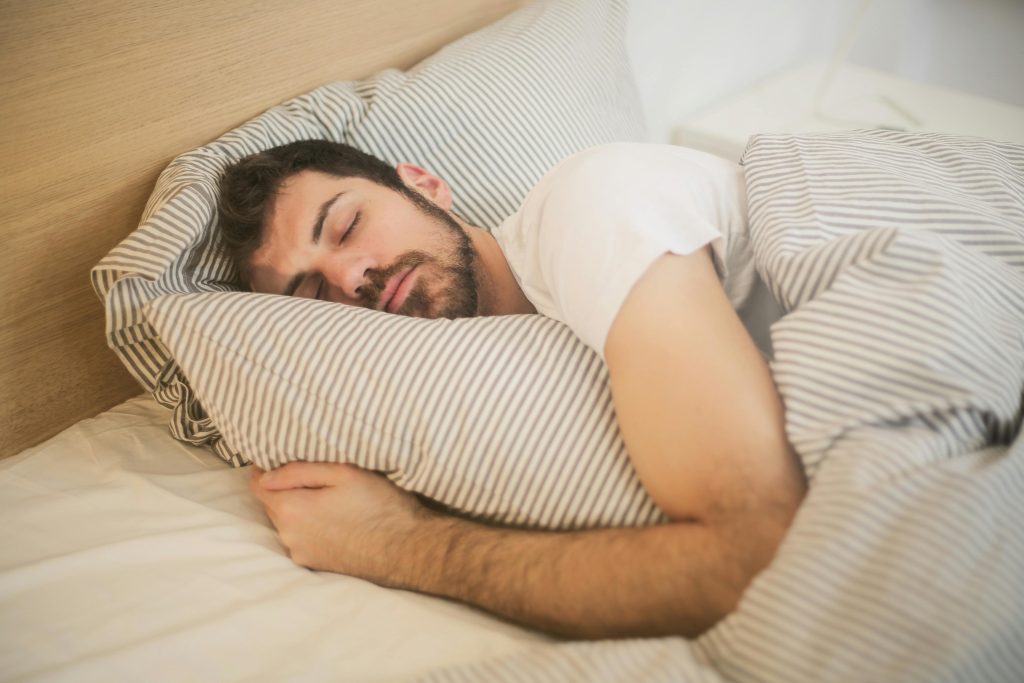The good news is that sleep disorders are often treatable, offering the potential to significantly improve your sleep and quality of life. Effective treatments are tailored to the specific diagnosis and may involve a combination of approaches:
Therapy for Sleep Disorders
- Cognitive Behavioral Therapy for Insomnia (CBT-I): CBT-I is the gold standard treatment for chronic insomnia. This structured therapy focuses on changing negative thoughts and behaviors that contribute to poor sleep, as well as developing healthy sleep habits.
- Other Behavioral Therapies: Relaxation techniques, sleep restriction therapy, or stimulus control therapy might be part of a treatment plan for insomnia or other sleep disorders.
- Light Therapy: Controlled exposure to bright light can help reset your body’s internal clock, which can be beneficial for circadian rhythm disorders.
Medical Interventions for Sleep Disorders
- Sleep Medications: Your doctor may prescribe sleeping pills for short-term relief of insomnia symptoms. It’s essential to use prescribed medications only as directed and understand the potential side effects.
- CPAP (Continuous Positive Airway Pressure): This machine delivers a stream of air through a mask, keeping your airway open during sleep. CPAP is highly effective for those with obstructive sleep apnea.
- Devices & Surgery: Oral appliances can help with mild to moderate sleep apnea. In some cases, more advanced devices or surgical procedures might be considered.
Medications and devices should always be used under the guidance of a qualified healthcare professional.
Lifestyle Changes
Simple yet impactful modifications to your routine can significantly improve your sleep quality:
- Sleep Hygiene: Follow a consistent sleep schedule, create a relaxing bedtime routine, ensure your bedroom is conducive to sleep, and limit screen time before bed.
- Stress Management: Practice relaxation techniques like meditation, yoga, or deep breathing to combat stress and anxiety.
- Diet & Exercise: Focus on a nutritious diet and regular physical activity, but avoid large meals, caffeine, alcohol, and intense exercise near bedtime.
- Stimulus Control: Limit the things you do in bed besides sleep. Get out of bed and do a relaxing activity if you can’t fall asleep within about 20 minutes, returning to bed only when sleepy.
Finding the Right Treatment Plan
Your doctor or sleep specialist will work with you to personalize a treatment plan that suits your unique needs. This plan might combine therapies, medication, lifestyle changes, and other interventions depending on the nature of your sleep disorder. Overcoming a sleep disorder may take time and patience. Don’t hesitate to speak to your doctor about any questions or concerns you may have along the way. Restful sleep and an improved quality of life are achievable!
The content provided herein is intended for informational purposes only and should not be considered a substitute for professional advice or treatment. If you or someone you know is struggling with mental health-related concerns, seek guidance from a qualified behavioral health professional. Click here to get help now. Any links are provided as a resource and no assurance is given as to the accuracy of information on linked pages.

